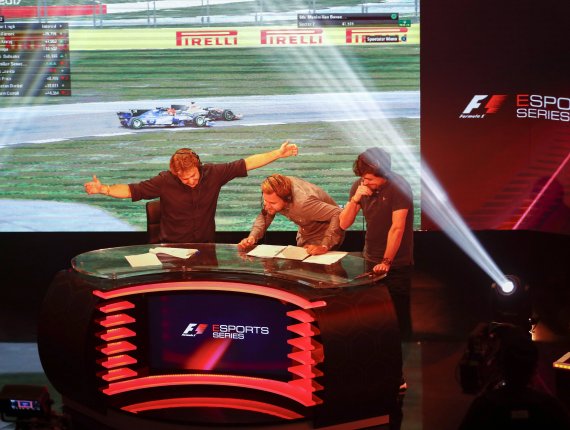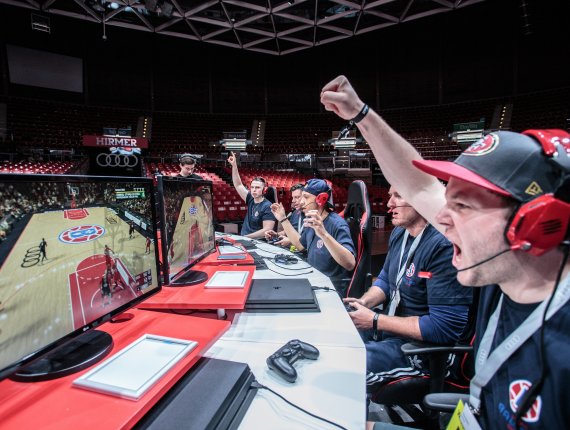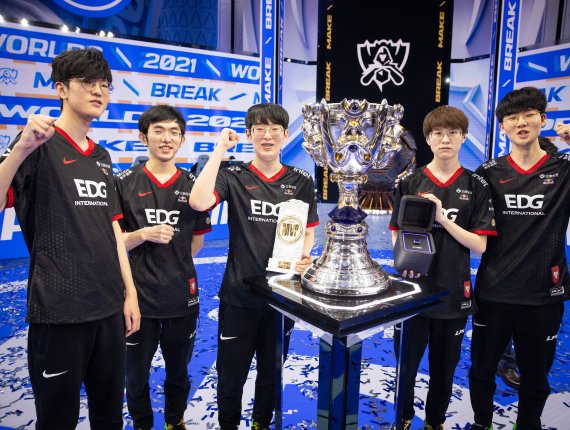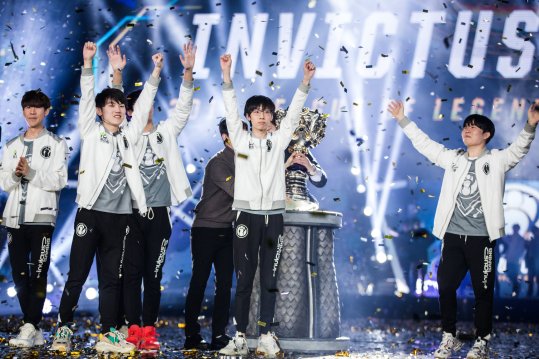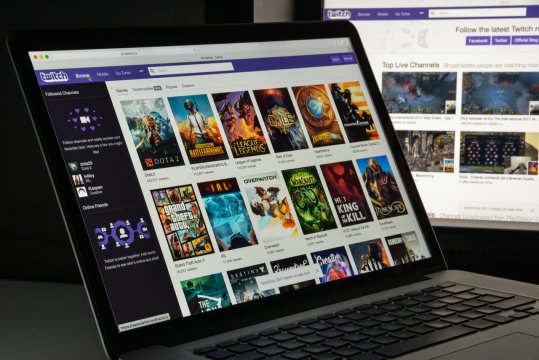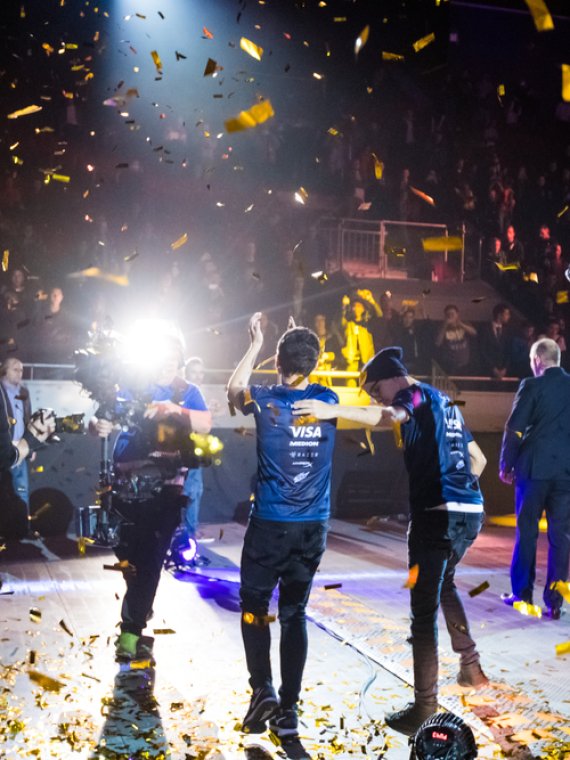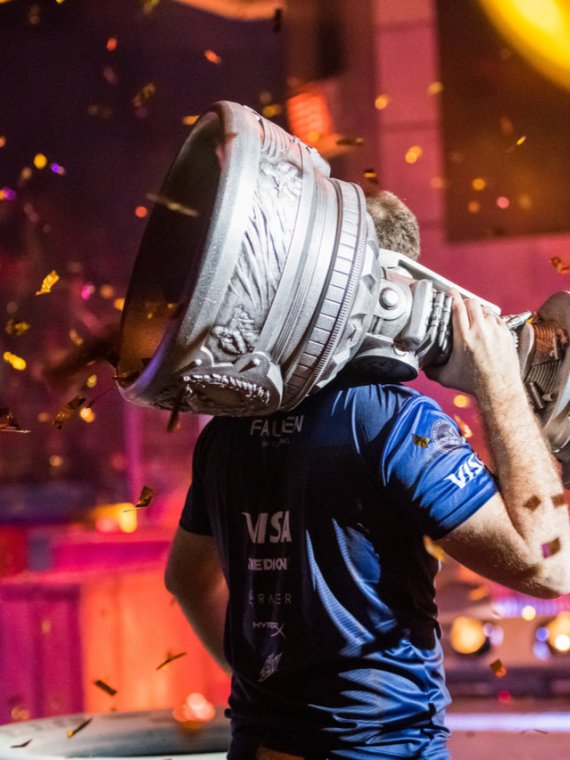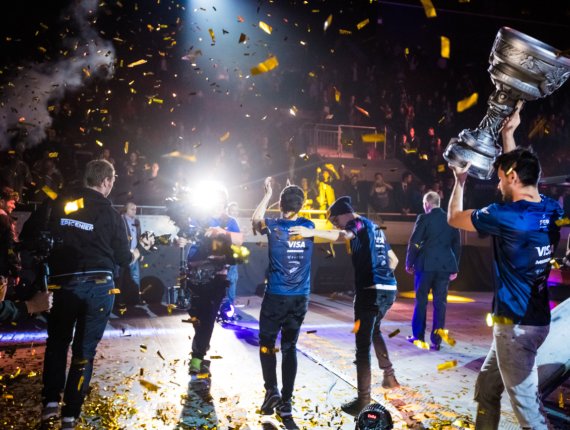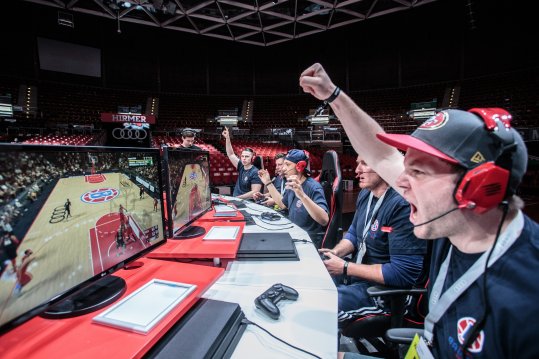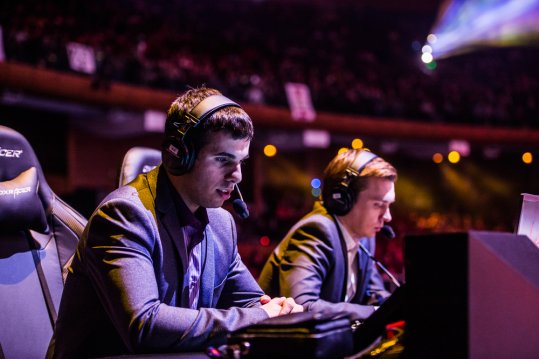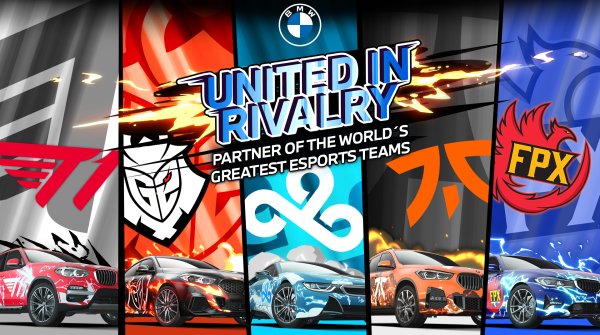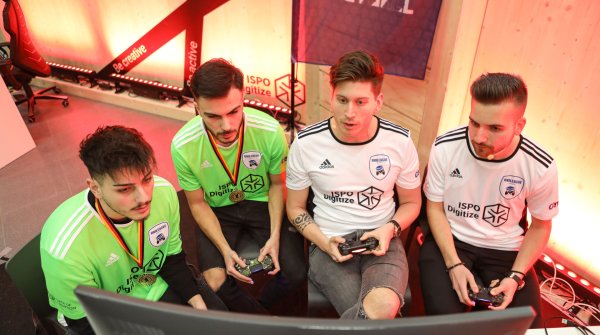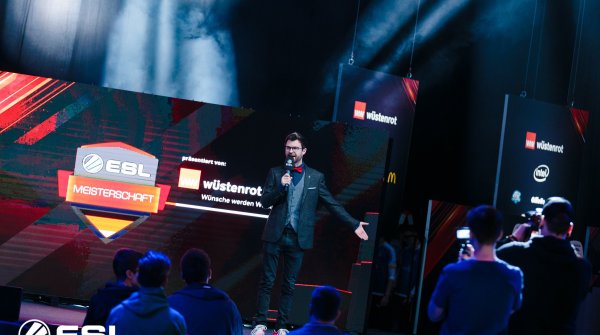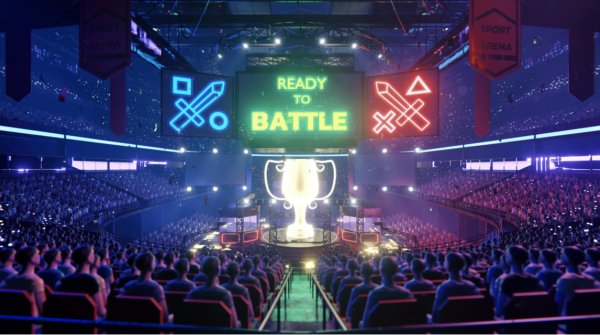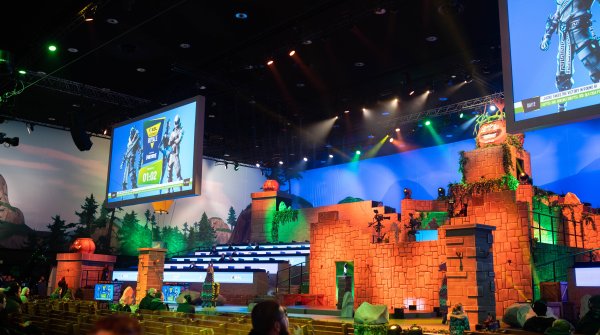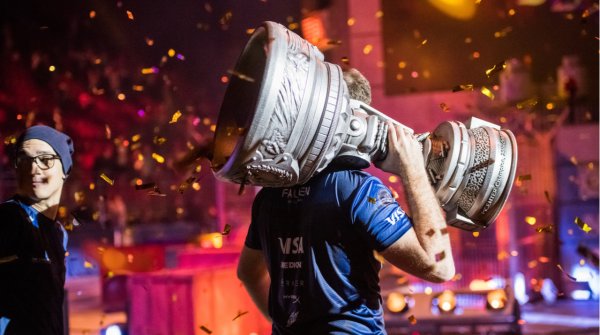eSports: the sport of the digital generation
eSports is the sport of the digital generation. From its former niche existence, digital sports have long since developed into a mass phenomenon, watched daily by an audience of millions via livestream or in sold-out stadiums. The players of the biggest eSports titles, League of Legends, DOTA 2 and Counter-Strike: Global Offensive, enjoy a status in many places that is otherwise reserved for the biggest football stars.
For sports professionals and sports companies, entering this promising market is crucial. ISPO.com reports on all the information from the world of eSports in news, reports, interviews and guides.
The term eSports refers to competition in various video and computer games. Two or more competitors from different teams or leagues duel in a game. The participating athletes are called gamers. To become a professional gamer, usually years of hard training must be completed. The competitions are followed by millions of fans by attending live events or watching broadcasts on television or online. Especially streaming services like Twitch enjoy great popularity. eSports is international and can be played around the clock by people from all over the world.
*Multiplayer Online Battle Area
As the world's leading sports network, ISPO sees it as its mission to drive the global evolution of sports. eSports has become an integral part of the sports world and society - a clear signal to take up and map digital sports in the ISPO network. ISPO.com sees itself as a pioneer for market participants and would like to support the entry into the eSports market and point out opportunities.
Recognition of eSports is also growing in society. More and more people see eSports as a real sport, according to a representative survey of 1,195 people in Germany aged 16 and over commissioned by the digital association Bitkom. According to the survey, one in three (34 percent) believe that eSports is a completely normal sport. In 2018, only 29 percent of respondents said that. Among those who play computer or video games themselves at least once in a while, as many as 38 percent say that eSports is a real sport. One in four gamers (26 percent) would also like to be a successful e-sportsman themselves.
The streaming service Twitch is booming. On the platform, which belongs to the parent company Amazon, videos in 28 different languages are watched by around millions of users per day. In recent years, the content shown has become more and more diverse. The varied offer attracts more and more viewers to the platform. Video games are still streamed, but so-called in real life streams are also becoming increasingly popular. Some of the streamers also entertain their viewers in the category Just Chatting.
(06/15/2021)
eSports have been around since the middle of the 20th century. Already in the 1950s there were games like chess, OXO, Tic-Tac-Toe or the Nim game for the computer. The very first real computer game is usually called Tennis for Two, developed by the American William Higinbotham. Pong was the name of the game that was the first to celebrate international success. Like current video games, most of these games were already designed for competition. In 1980 the first video game tournament took place. It lasted three months and was watched by more than 10,000 participants. Two years later, the Twin Galaxies National Scoreboard was released, a high score list by Walter Day with more than 100 different arcade games. This was the basis for the first professional video game team from America. Then in 1984, the first World Championship was held, with teams from Japan, USA, Italy and the UK competing.
In 1988, the first online video game called Netrek was released. Two years later, Nintendo hosted a world championship in the United States of America. In the following years, lan parties became more and more popular, which made it much easier for players to participate in competitions. In addition, the spread of the internet and increasingly affordable as well as powerful hardware and software greatly lessened the barrier to entry. During this time, competitions were mostly held in large halls, but over the years, local restrictions have been increasingly lifted.
At the end of the 90s, major nation-independent eSports leagues were established for the first time. During this time eSports teams were founded, some of which are still present today. First and foremost the German SK Gaming or the British 4Kings. Other well-known eSports organizations from Europe are mousesports and fnatic. They are still fighting at the top in some disciplines.The first World Cyber Games were held in Seoul in 2000. In 2003, the first Electronic Sports World Cup was held in France. Until today this tournament takes place once a year in Poitiers, France. In 2005, the CPL World Tour took place, where a prize money of 1,000,000 dollars was played for. Two years later, the Championship Gaming Series was held for the first time, where gamers played for $1,000,000 and received a salary of $5,000,000. The industry continued to evolve and gain more and more followers. In 2013, the League of Legends final was watched by over 10,000 fans and was completely sold out within an hour.
Successful eSports players are the superstars of a new generation. Not only do successful athletes earn millions in prize money in numerous tournaments. The social media reach of the stars is comparable to that of professional footballers and top athletes. On platforms such as Twitch and YouTube, the biggest eSports stars reach millions of people every day in livestreams. At the same time, the number of players who are able to make a living from their profession continues to rise. There are over 30,000 professional athletes worldwide in the five biggest eSports titles alone (Counter Strike: Global Offensive, League of Legends, Fortnite, Dota 2, Overwatch) combined.
The old cliché applies: Those who play a lot online live a secluded life and like to isolate themselves from the outside world. But the exact opposite is true: eSports is not a sport for loners! As in traditional sports, team chemistry affects both competitive and casual play. Good teamwork and communication are crucial for players to execute their strategy.
Paralympics and leagues for women? Not in eSports. eSports players who want to be successful don't necessarily have it any easier than professionals in classic sports. But for athletes, eSports has a very central advantage: in terms of physical limitations, there are of course no barriers in eSports.
Over the past decade, eSports has been growing in popularity. Especially thanks to the popularization through the streaming platform Twitch, more and more fans have started to actively follow esports events. The growth is increasing every year and there is no end in sight. The increase in viewership has gone hand in hand with a massive increase in prize money on offer. In 2019 alone, more than $235 million was awarded in over 5,400 tournaments. In comparison, Esports earnings in 2012 were just $13.8 million.
(6/14/2021)
The eSports market is growing and growing. The trend is going steeply upwards. While the global turnover of the eSports market in 2020 was still 947 million US dollars, the billion dollar mark is expected to be reached this year. For the year 2024, revenues of 1.61 billion dollars are predicted. This growth, of course, presents numerous opportunities for companies and clubs looking to capitalize on this new market. Merchandising & ticket sales, sponsorship, media rights, streaming, new leagues and products. These are just a few of the new, potential sources of revenue.
From its former niche existence, eSports has long since developed into a mass phenomenon that is watched daily by an audience of millions via livestream or in sold-out stadiums. Gamers have to train hard and perform at a high level, both mentally and physically, which is why eSports is now also considered a recognized sport. The International Olympic Committee (IOC) also decided to include this sport in the program at the Summer Olympics from July 23 to August 08, 2021. The launch of the Olympic Virtual Series (OSV) seeks to mobilize virtual sports, eSports and gaming enthusiasts around the world. As a result, it aims to reach a new Olympic audience.
Just like in real sports, there are a lot of terms in its virtual offshoot that leave the layman wondering and, above all, asking questions. A distinction must be made between general terms that apply to all games and those that have a special meaning for individual games. eSport is a very fast sport in which reaction time is often decisive for victory or defeat. Therefore, technical terms and especially time-saving abbreviations determine the communication between the players. Especially in large League of Legends or Counter-Strike: Global Offensive tournaments, which are moderated by casters, it is difficult to follow the game without the necessary technical terms and abbreviations.


